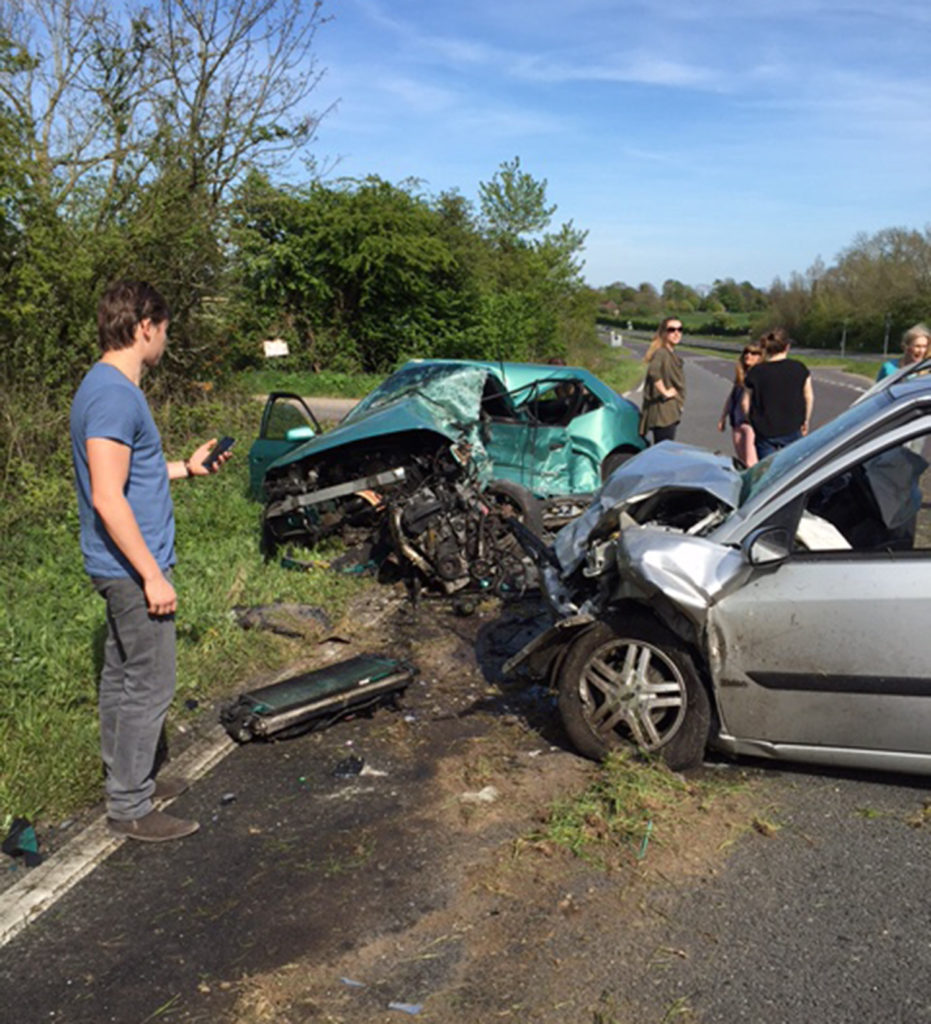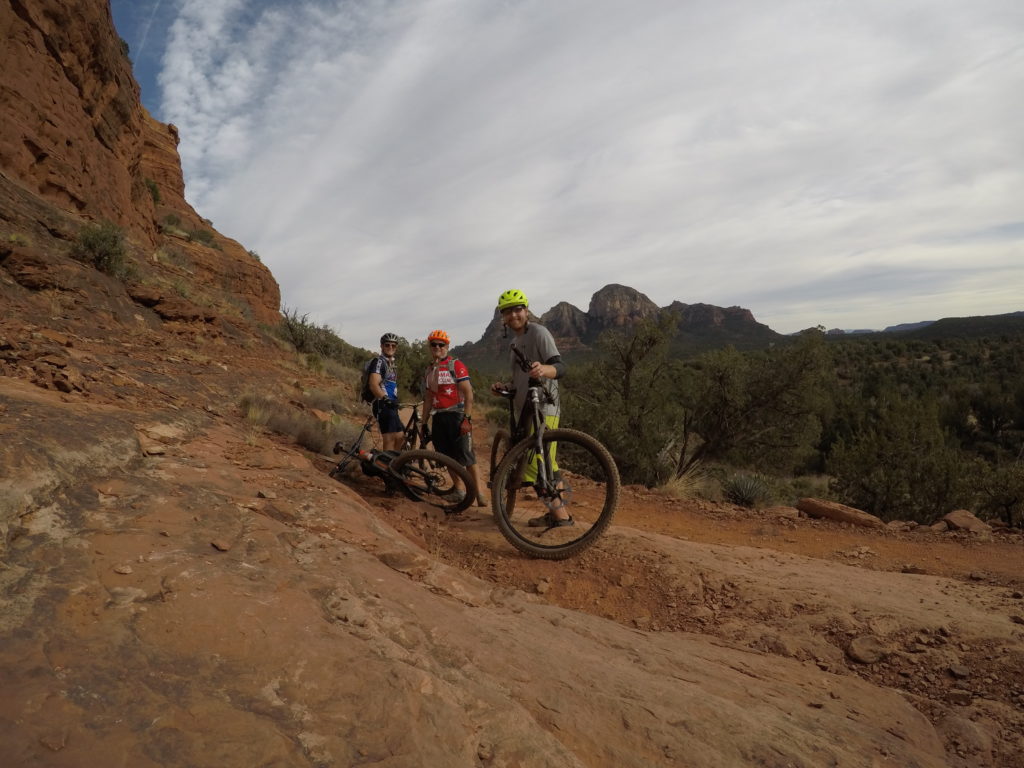The GOP “tax reform” bill will directly and significantly affect healthcare. Here’s how.
It removes the individual mandate, but still requires insurers to cover anyone who applies for insurance. So, millions will drop coverage knowing they can sign up if they get sick.
How does that make any sense?
Here’s the high-level impact of the “tax bill that is really a healthcare bill”:
The net – healthcare providers are going to get hammered, and they’re going to look to insured patients to cover their costs.
The real net – The folks most hurt by this are those in deep-red areas where there is little choice in healthcare plans, lots of struggling rural hospitals, and no other safety net. Alaskans, Nebraskans, Iowans, Wyoming residents are among those who are going to lose access to healthcare – and lose health care providers.
Here are the details.
According to the Commonwealth Fund, “repeal would save the federal government $338 billion between 2018 and 2027, resulting from lower federal costs for premium tax credits and Medicaid. By 2027, 13 million fewer people will have health insurance, either because they decide against buying coverage or can no longer afford it.”
Most of those who drop coverage will be healthier than average, forcing insurers in the individual market to raise prices to cover care for a sicker population. This is how “death spirals” start, an event we’ve seen dozens of times in state markets, and one that is inevitable without a mandate and subsidies.
For example, older Americans would see higher increases than younger folks. Here’s how much your premiums would increase if you are in the individual marketplace.
So, what’s the impact on you?
Those 13 million who drop insurance, which include older, poorer, sicker people, will need coverage – and they’ll get it from at most expensive and least effective place – your local ER. Which you will pay for in part due to cost-shifting.
ACA provided a huge increase in funding for emergency care services – folks who didn’t have coverage before were able to get insurance from Medicaid or private insurers, insurance that paid for their emergency care.
From The Hill:
[after ACA passage] there were 41 percent fewer uninsured drug overdoses, 25 percent fewer uninsured heart attacks, and over 32 percent fewer uninsured appendectomies in 2015 compared to 2013. The total percent reduction in inpatient uninsured hospitalizations across all conditions was 28 percent lower in 2015 than in 2013. Between 2013 and 2015, Arizona saw a 25 percent reduction in state uninsured hospitalizations, Nevada a 75 percent reduction, Tennessee a 17 percent drop, and West Virginia an 86 percent decline.
If the GOP “tax bill” passes, hospital and health system charges to insureds (yes, you work comp payer) are going to increase – and/or those hospitals and health systems will go bankrupt.


